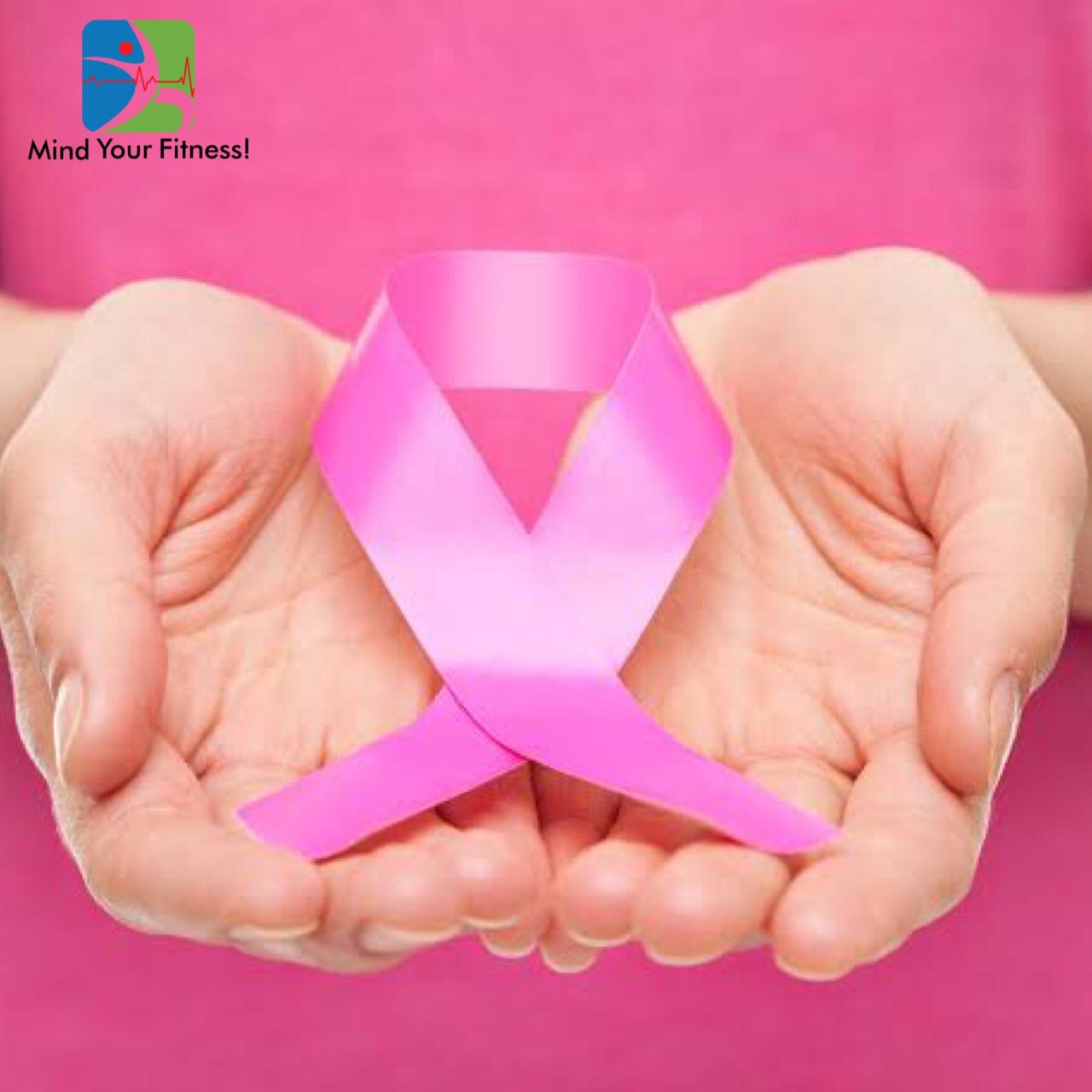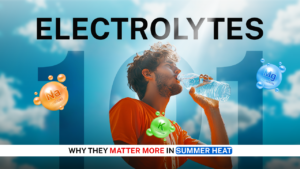October is Breast Cancer Awareness Month, an annual campaign to increase awareness of the disease.
High risk factors-
- Being female.
- Increasing age.
- A personal/family history of breast conditions.
- A personal history of breast cancer.
- Radiation exposure.
- Obesity.
- Beginning your period at a younger age.
- Beginning menopause at an older age.
- Having your first child at an older age.
- Having never been pregnant.
- Postmenopausal hormone therapy.
- Drinking alcohol.
Indian statistics– India shoulders one of the largest burdens of breast cancer in the world. In 2018, the country reported 162,468 new breast cancer cases and 87,090 deaths among women. The disease is the most common type of cancer among Indian women and, together with cervical cancer, oral cancer, lung cancer, and colorectal cancer, accounts for 47.2 percent of the overall cancer burden in the country. Almost sixty percent of breast cancer patients in India are not diagnosed until the disease is in its late stages. It is estimated that late diagnosis of breast cancer could lead to 76,000 deaths a year by 2025. Put simply, for every two women newly diagnosed with breast cancer, one will die from it.
Prevention
Control of specific modifiable breast cancer risk factors as well as effective integrated prevention of non-communicable diseases which promotes healthy diet, physical activity and control of alcohol/tobacco intake, obesity, avoidance of environmental toxins (BPA, charred meats) could eventually have an impact in reducing the incidence of breast cancer in the long term. An antioxidant rich diet including phytonutrients (nutrients found in certain plant foods eg. curcumin, resveratrol, EGCG from green tea, ) can also be preventive. It can be diagnosed through multiple tests, including a mammogram, ultrasound, MRI and biopsy.
Speak to your doctor if you happen to be in the high risk category.
Role of diet in cancer therapy
During therapy:
The goal is to maintain lean mass as cancer is a wasting disease and the prognosis depends on the extent of malnutrition. Adequate calories and protein must be provided. Studies show glucose can make cancer cells more resistant to therapy. Cancer cells thrive on glucose and therefore the diet should be fairly low in carbohydrates, replaced by fat which can add calories and make the diet more palatable. Vitamins and minerals may be needed but supplementation depends on the type of treatment as some antioxidant vitamins like vitamin C/E could interfere with cancer therapy especially radiation and certain classes of drugs used for chemotherapy. B9/B12 supplementation may be needed in certain types of therapy to avoid anaemia.
Ketogenic diets (KD) mimic the fasting state, wherein the body responds to the lack of glucose by producing ketones for energy. Since cancer cells depend on glucose, this dependence can be exploited with KD use. It selectively starve tumours by providing the fat and protein that otherwise could not be used by glucose-dependent tumour cells.
Use of the diet has also shown to reduce pain and inflammation as it has an anti inflammatory/antioxidant effect.
Compared with the general population, cancer patients are more likely to use complementary and alternative medicine, including herbs.
Herbs are considered dietary supplements under the Dietary Supplement Health and Education Act (DSHEA) of 1994.
With a few exceptions, most herbs sold as dietary supplements have not been studied scientifically; their safety and effectiveness are poorly understood.
Digestive system:
Depending upon the type of cancer therapy, the patient may experience a variety of side effects like loss of appetite, dry mouth, nausea, constipation, sore throat.
The diet has to be customised to ensure small frequent feeding of easy to eat favourite foods, adding spices, keeping foods moist, maintaining temperature to ensure the patient is comfortable. Hydration should be maintained. Food should be well cooked and freshly prepared, avoiding raw foods as the immunity is compromised.
Soy is a plant-based protein, and it contains phytoestrogens (very weak plant-based estrogens) and isoflavones such as genistein and daidzein.
Diets containing modest amounts of soy protect against breast cancer, especially if the soy foods have been consumed before reaching adulthood apparently because of exposure to the weak estrogenic effects of isoflavones early in life. However, the use of soy remains controversial for women already diagnosed with hormone-sensitive cancers (e.g., breast, endometrium) and for postmenopausal women. The American Cancer Society advises breast cancer survivors to limit the consumption of soy foods to no more than three servings daily and to avoid using prepared soy supplement powders and products.
Role of Exercise:
Weight bearing exercises will help maintain lean mass. Cancer and chemotherapy can affect the brain.
Physical activity appears to clear away brain fog and significantly improve cognitive function in cancer survivors experiencing poor working memory and executive function following chemotherapy, according to researchers.
Exercise can reduce risk for cancer recurrence; decrease fatigue, depression, and anxiety; and improve self-esteem, ability to multitask and quality of life.
It is best done under guidance especially post surgery patients.
Diet post therapy:
The mainstay is avoidance of recurrence and goes in line with a preventive approach mentioned above. Maintenance of an ideal body composition (muscle:fat) is crucial.
Mental health support is crucial during and after therapy especially post surgical cases. It helps deal with body image issues.





